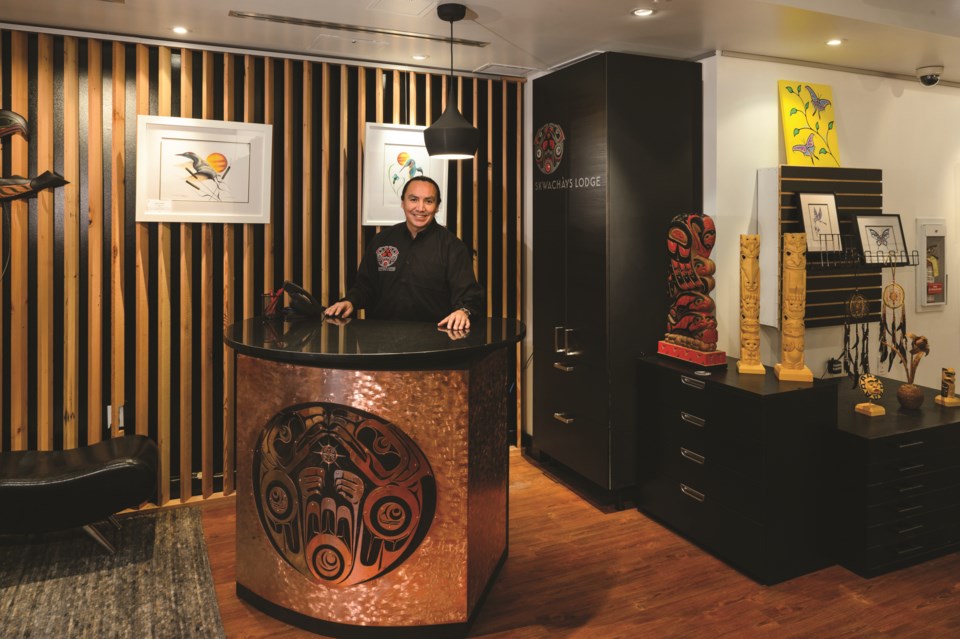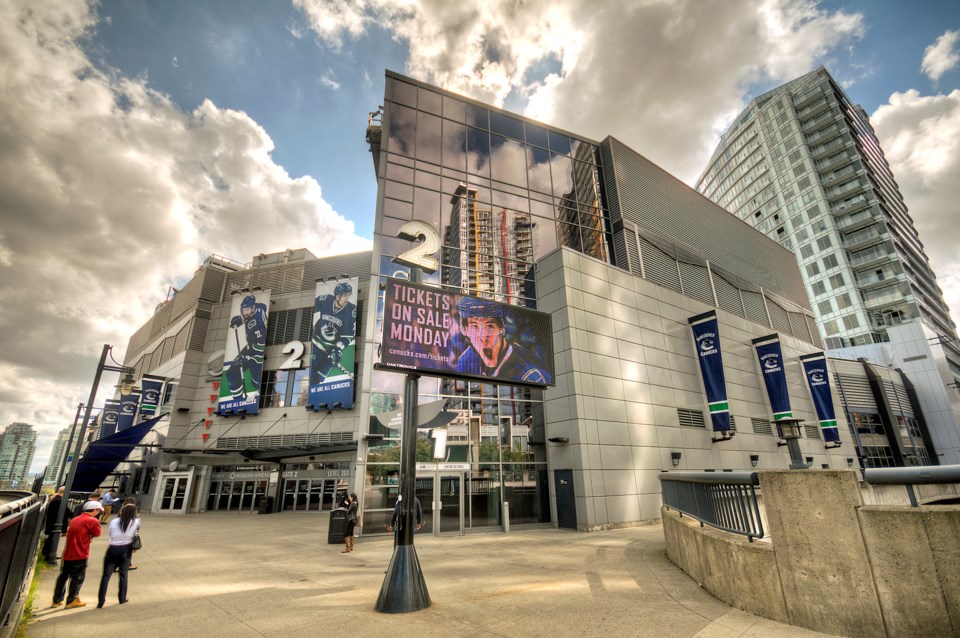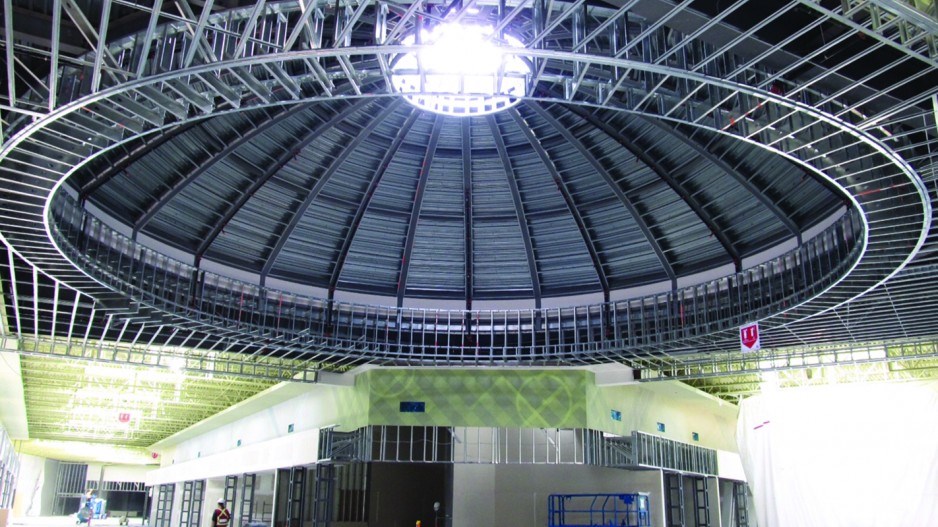Online grocer Sustainable Produce Urban Delivery (Spud.ca) has opened its first bricks-and-mortar grocery store, making it the latest e-commerce player to acquire a physical dimension along with its virtual presence. The online grocery store, which has opened a 1,200-square-foot store in Kitsilano, is just the latest of Vancouver retailers that started out as e-commerce only to develop a physical presence. Others include eyewear seller Clearly.ca and men’s fashion retailer Indochino. Vancouver’s Shoes.com has also announced plans to open its first bricks-and-mortar store in Toronto and follow that up with a store on Robson Street early in 2016.

Falling lumber demand shows China in transition: industry leader
Crashing prices and growing stockpiles of B.C. lumber are identified as key indicators of China’s transitioning economy, according to Russ Taylor, president of International Wood Markets Group.
Taylor said the falling demand for B.C. lumber is not so much a symptom of economic stagnation in China as an indicator of China’s transitioning from a manufacturing and export-based economy to a domestic consumer-driven economy.
Biotech firm pegs deal’s benefit at $40 million
Vancouver biotech Primary Peptides has announced a licensing deal with Chinese pharmaceutical giant Yabao Pharmaceuticals Group that the company estimates could be worth $40 million. The University of British Columbia spinoff developed a technique for using protein-blocking peptides to treat a variety of conditions, from strokes to obesity. The partnership agreement with Yabao mean Primary Peptides will have access to the Chinese market for its peptide therapies.
B.C. First Nations take control of their economic destiny
From a downtown Vancouver hotel called Skwachàys that combines hotel rooms with residential units for aboriginal people at risk of homelessness to partnerships with energy companies on natural gas pipelines, stories in BIV’s Aboriginal Business Match detail how First Nations in B.C. are embracing entrepreneurship and assuming greater control over economic development. Some of the projects include a new $4.5 million 85-room hotel being built in Port Hardy by the K’awat’si Economic Development Corp. and the Cayoose Indian Band’s use of a $5 million settlement from BC Hydro for impacts of a dam on Bridge River to acquire or start new businesses, including a construction outfit and an environmental restoration company.


New port to ship petroleum, lumber, ore
The town of Stewart, located near the border of Alaska at the tip of Portland Inlet, has announced the opening of a new $70 million port. The Stewart World Port officially opened this month. Its first customer is Air Liquide, which will use the port to ship liquids used in the Alberta oilsands. Port owner Ted Pickell said the port will also be used to ship lumber and concentrate ore from B.C. mines.
B.C. sports teams take a beating from low dollar
An anemic Canadian dollar is expected to have a significant effect on local sports teams, including the Vancouver Canucks. Canadian professional sports franchises pay players in U.S. dollars, and since most of their games are in the U.S., the lower Canadian dollar means Canadian teams like the Canucks pay a lot more for transportation, hotel rooms and meals, according to Drew Dorweiler, a franchise evaluator with Dartmouth Partners.
The exchange rate could mean the difference between breaking even or taking a loss. Even non-professional sports teams that compete in the U.S., such as Simon Fraser University’s sports teams, are facing higher costs – about $90,000 more in 2015.





